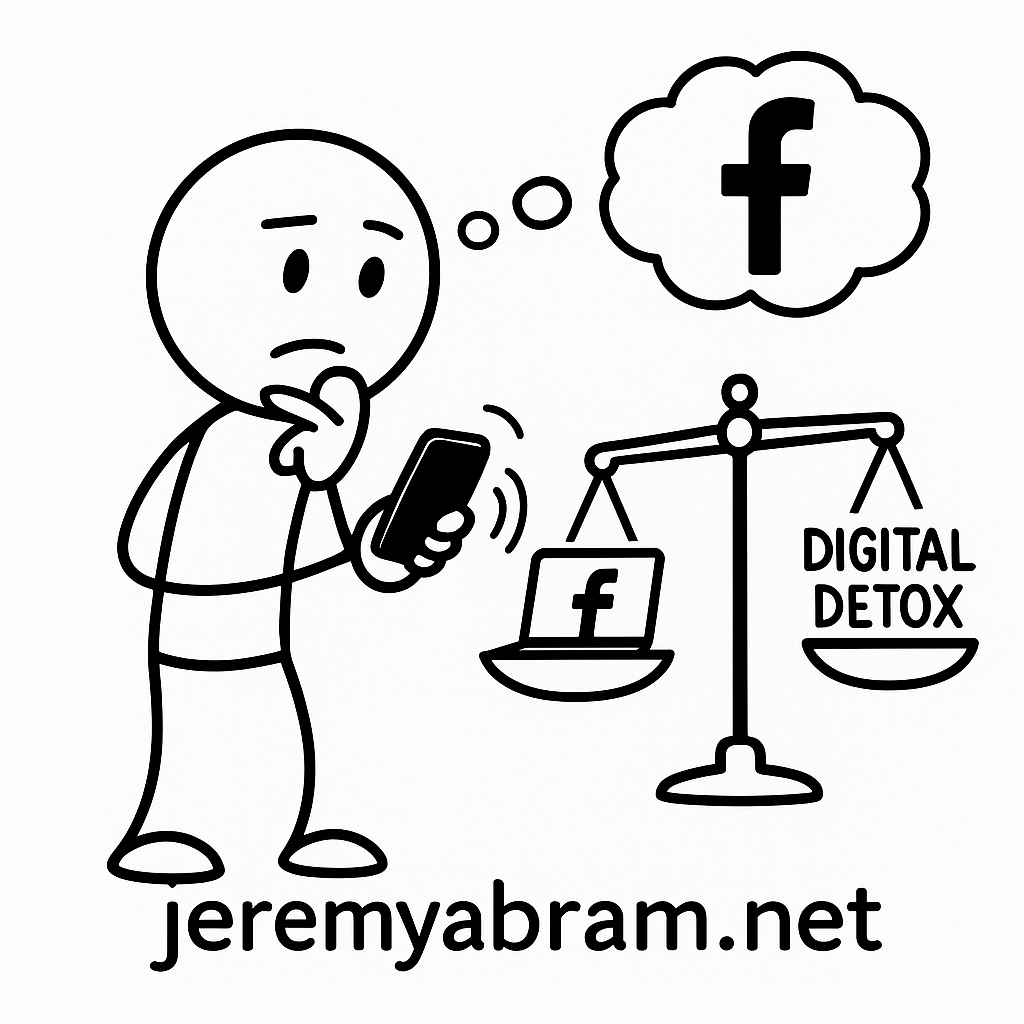
The Facebook Break
By not being on Facebook, yet wanting to be, for 3.5 weeks, I came to realize this…
Like other forms of messaging, such as Skype, I saw that over that time away I was constantly wondering what was happening that I couldn’t see. Depriving myself of the desire to see, learn, and socialize was the result of avoiding everything within a platform due to anxiety over small elements — individual people, messaging features, instant messaging, etc. Letting small parts of a larger picture push you away from the entire experience is not always in one’s best interest.
Furthermore, I deprived the majority of my circles from normal interaction and likely caused unnecessary stress. For those who stress over such things, this is where we must take a step back and examine how we use our complex, neat, modern communication technology.
Skype was the same. My anxiety was over individual elements, not the platform as a whole. The result was distancing myself from many people over small, isolated causes. This wasn’t fair to the majority — yet that same majority already has alternate ways to communicate, like email. It is another form of stepping back, reassessing, and finding the correct options that work best for each situation.
Learning how to remove, block, mute, or simply avoid the little pieces becomes a priority. It’s an example of using all available options within just one tool so that those options work in harmony with the rest of life’s options.
It’s important to adapt to others’ habits because they can change at any moment, and no one should feel controlled by which options are used or how they’re used. True freedom is the ability to make choices that align with our lifestyle. The real disaster comes from trying to control what cannot be controlled — or being controlled by choices that interfere with our natural “happy” options.
So I decided to switch back on both Skype and Facebook after 3.5 weeks, with all settings fully off during that time. The only exception was Skype, which I used maybe 5% of the time for business-related conference features.
Facebook served no business function for me during this period, so it remained off the entire time.
I found that depriving myself of that social interaction — even if I rarely messaged or posted — removed something I looked forward to. The longer I stayed off, the more it affected me emotionally. I began to miss those I only communicated with through that method. I even realized how much I enjoyed small moments there, no matter how insignificant they seemed.
Of course, I also remembered the feed full of ads, politics, and headlines. I remembered the importance of choice within the platform. I can either eliminate everything by disconnecting, or carefully choose what to look at — adjusting options inside the platform, removing what I don’t want to see, whether that’s certain friends or businesses.
Choosing to stay connected requires discipline — filters, self-control, and the ability not to be pulled in by distractions. But it also allows one to explore, observe, and stay a “tourist.” And although it might seem simple, slowing down to truly evaluate how we use these platforms makes it clear: it’s not easy. You must stop, look, assess, and then decide what works. Think about the principle of inertia — once you’re moving in one direction, it takes intention to change course.
In the end, decide how to adjust your experience if needed.
(c) Jeremy Abram
Leave a Reply